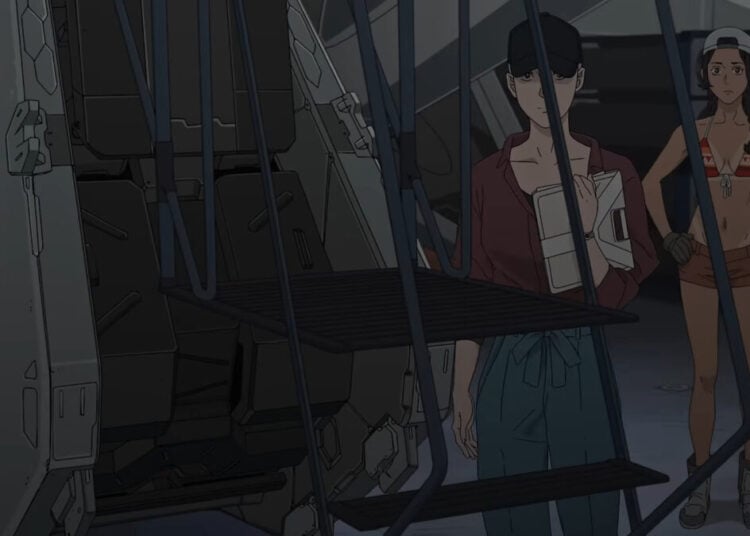Recently, J-List’s own Peter Payne shared how movie theaters in Japan have sprung back to life after the worst of the coronavirus pandemic. What’s just as impressive is how the newly released Demon Slayer film has broken records, which may be indicative of a resilient Japanese box office.

As reported by Bloomberg News’ Gearoid Riley on Twitter, Demon Slayer the Movie: Mugen Train (2020) raked in JPY 4.62 billion (USD 44.12 million) in its opening weekend, which he noted was twice that of previous record-holder Frozen (2014). Even more remarkable is how, according to Kyodo News, over 3.4 million people had seen the film over those three days alone. Whether it’s due to the overall popularity of the manga and anime, the relative lack of competition, pent-up demand, or all of the above, this is no small feat. Which isn’t even getting to the positive reviews that have begun trickling out, which are bound to spur greater box office returns.
【言及】大ヒット『鬼滅の刃』、加藤官房長官「私もテレビで観た」https://t.co/RTZaefJWQG
映画については「映画産業に大きな貢献をいただいている」と回答。『進撃の巨人』についても「全巻読んでいる」と明かした。 pic.twitter.com/IwkQEIN8qY
— ライブドアニュース (@livedoornews) October 20, 2020
The movie’s success has reached the point that it’s being brought up by Japanese politicians, such as Chief Cabinet Secretary Kato, as a sign of how normalcy is returning to the country. Such remarks aren’t that far off. (Source: Twitter/Livedoor News)
Record-breaking as those are, however, it’s also fascinating how it’s all happening in spite of the pandemic. In a time when prominent figures are urging the US Congress to fund a bailout to help keep theaters afloat, and when going to the movie house is seen as a distant memory for many across the globe, Japan’s media industries are emerging as an exception to the “norm” seen elsewhere. Indeed, even before Demon Slayer premiered, it was noticed how the shares of Toho Co., which operated almost 20% of the country’s theaters, have not only recovered 45% percent from March, but have come within 9% of their all-time record set last year alone. To say nothing of the commendable popularity of Kyoto Animation’s Violet Evergarden film, seen as the third top-grossing anime film for 2020.

As much as it both confounds and impresses foreign outlets, these developments reveal a silver lining to an otherwise miserable situation: that Japan’s pop culture and otakudom status are not only still alive, but are also starting to fill in the void left by Hollywood. For both creators and fans, this could not have come at a better time.














